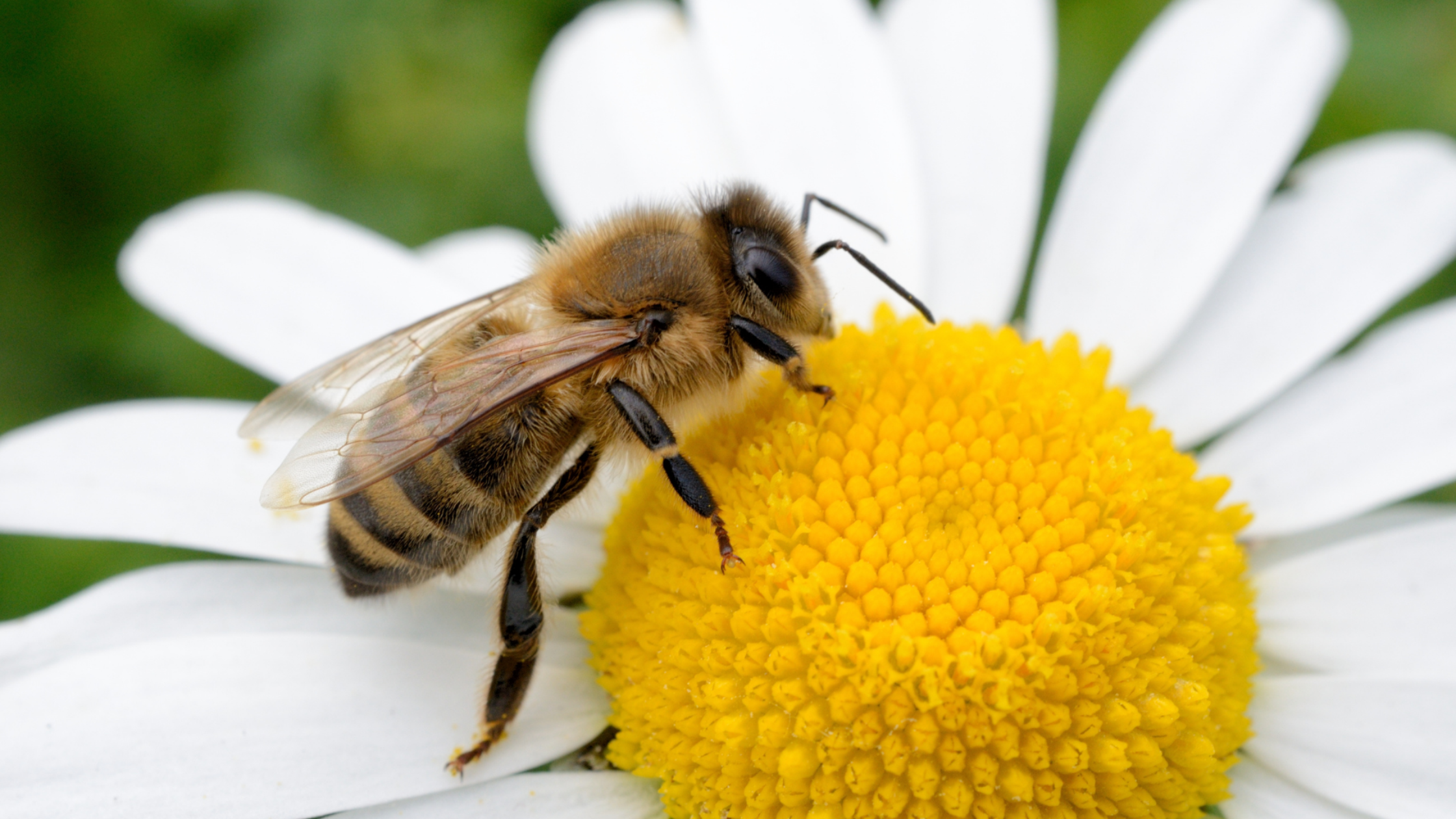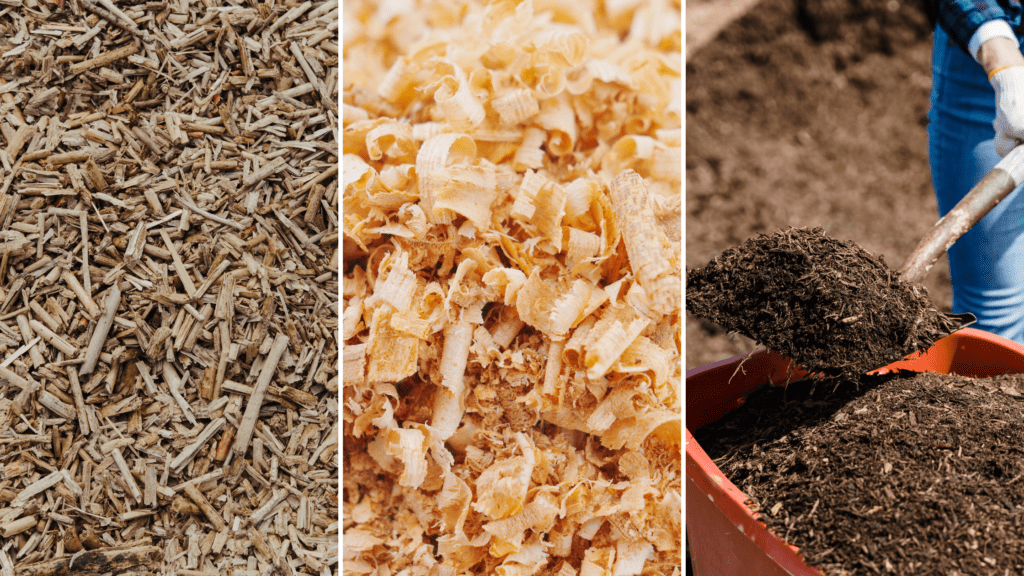In the bustling world of nature, few creatures play a more crucial role than the humble bee.
Despite their small size, bees wield an immense influence on our planet’s ecosystem, touching nearly every aspect of our lives. From pollination to food production, biodiversity to environmental stability, the importance of bees cannot be overstated.
Let’s delve into why these industrious insects are so vital and why their conservation should be a top priority for us all.
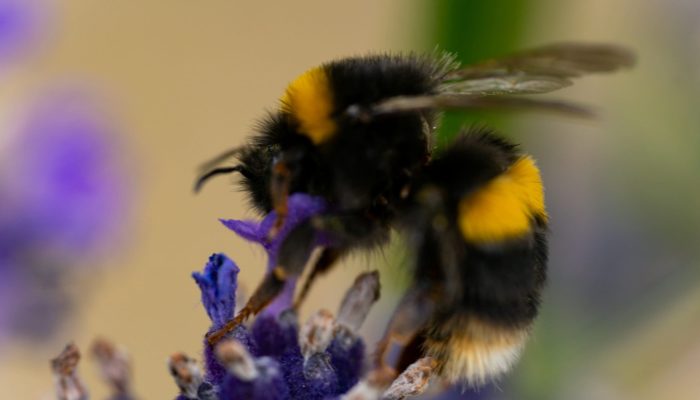
Pollination Powerhouses
Bees are among the most effective pollinators on Earth. As they forage for nectar and pollen, bees transfer pollen grains from one flower to another, facilitating the fertilisation of plants.
This process is essential for the reproduction of many flowering plants, including fruits, vegetables, nuts, and seeds. In fact, it’s estimated that one-third of the food we eat relies on pollination by bees.
Sustaining Biodiversity
Beyond agriculture, bees play a fundamental role in maintaining biodiversity. By pollinating a diverse range of plant species, bees contribute to the health and resilience of ecosystems worldwide.
From wildflowers to forests, bees support the growth of countless plant species, providing habitat and sustenance for a myriad of other organisms, including birds, insects, and mammals.
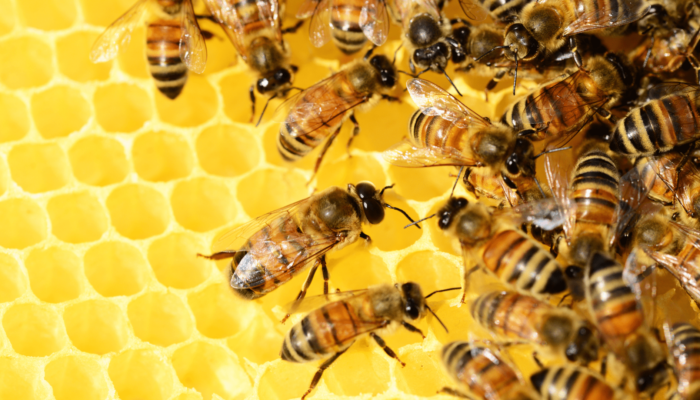
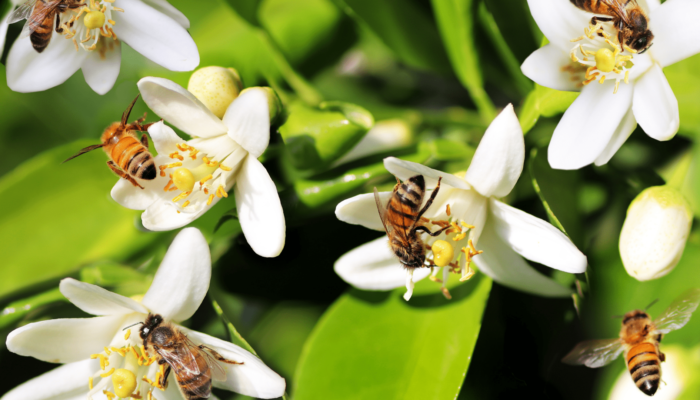
Food Security
The agricultural industry depends heavily on bees for crop pollination. Many of the world’s most important crops, such as almonds, apples, and berries, rely on bees for successful pollination and yield.
Without bees, the productivity and diversity of our food supply would be severely compromised, leading to potential food shortages and increased food prices.
Environmental Health
Bees are also indicators of environmental health.
Their presence and abundance in an ecosystem are often indicative of a thriving and balanced environment. Conversely, declines in bee populations can signal broader environmental issues, such as habitat loss, pesticide use, and climate change.
By monitoring bee populations, scientists can gain valuable insights into the state of our environment and take action to address environmental challenges.

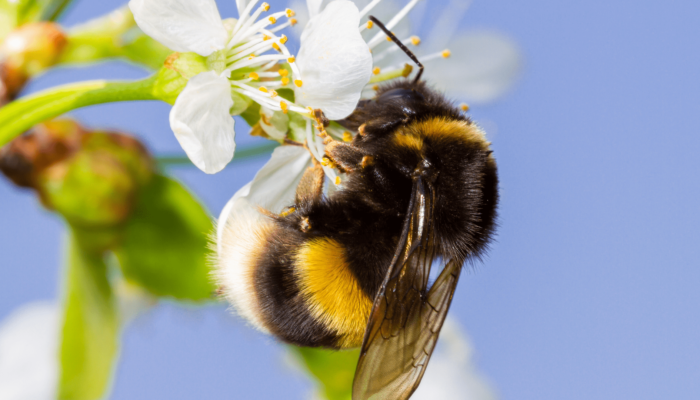
Economic Impact
The economic importance of bees cannot be overlooked. Beyond their direct contributions to agriculture, bees support countless industries, including beekeeping, honey production, and the manufacturing of beeswax and other bee-derived products.
The value of these industries extends far beyond monetary gains, contributing to local economies, rural livelihoods, and cultural traditions around the world.
Medicinal Benefits
In addition to their role in pollination and food production, bees offer valuable medicinal benefits.
Honey, propolis, royal jelly, and bee venom have been used for centuries in traditional medicine for their anti-bacterial, anti-fungal, and anti-inflammatory properties.
Research continues to uncover new therapeutic applications for bee products, highlighting their potential in modern medicine.
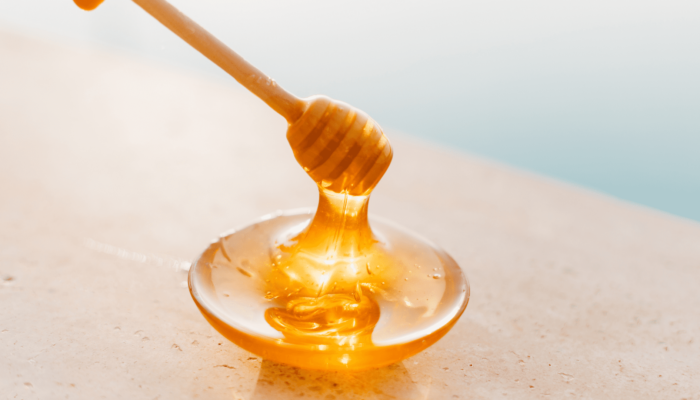
Despite their critical importance, bees face numerous threats, including habitat loss, pesticide exposure, climate change, and diseases.
To ensure the continued survival of bees and safeguard the essential services they provide, concerted efforts are needed at local, national, and global levels.
This includes protecting and restoring bee habitats, promoting sustainable agriculture practices, reducing pesticide use, and raising awareness about the importance of bees in our ecosystems.
Bees are not merely insects buzzing around our gardens; they are essential components of our planet’s intricate web of life. From pollination and food production to biodiversity and environmental health, the contributions of bees are far-reaching and invaluable.
By recognising the importance of bees and taking action to protect them, we can secure a brighter future for both bees and ourselves.
















